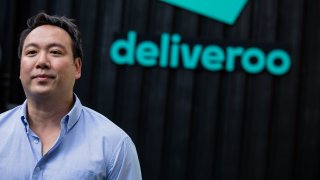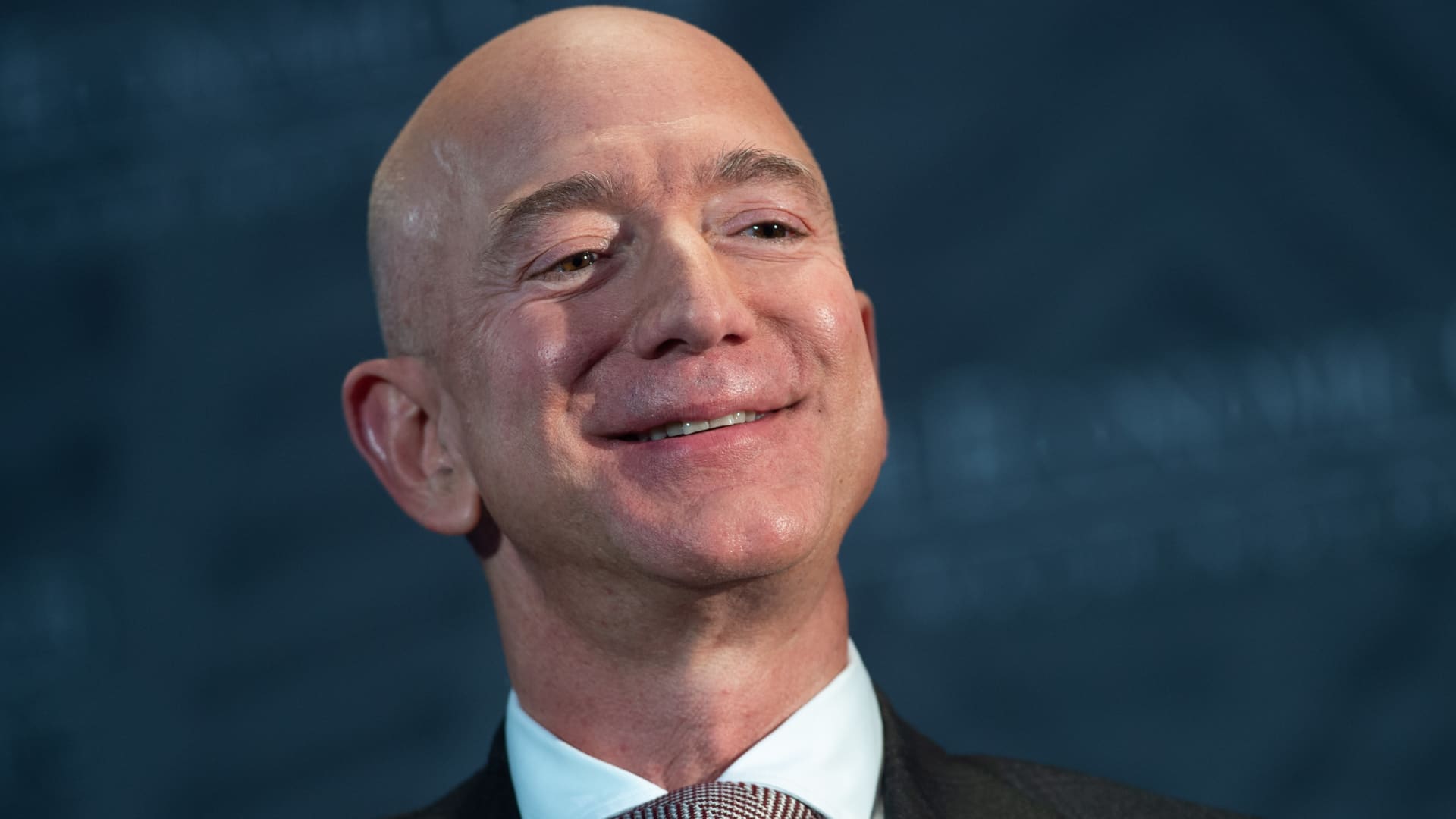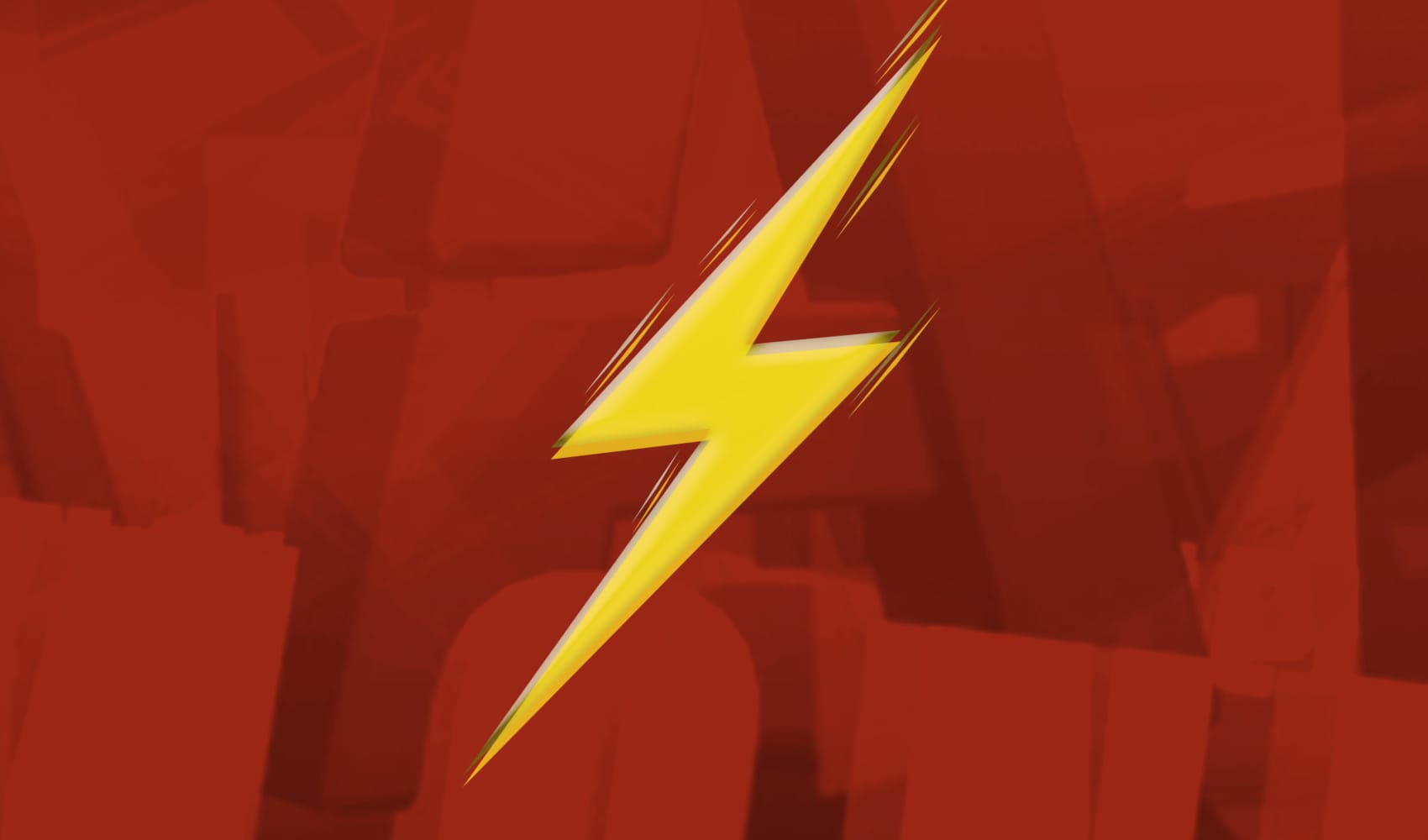
- Amazon is well positioned to capitalize on a hot new trend in food delivery: "dark," "ghost," "delivery-only" or "cloud" kitchens.
- Often located on industrial sites in shipping containers or warehouses, these delivery-only kitchens provide restaurants with another outlet to get their food to customers.
- U.K. start-up Deliveroo claims to have pioneered the idea for these kitchens and it is planning to invest heavily in them over the next 12 months.
- Amazon piled in on Deliveroo in May, leading a $575 million funding round into the London-headquartered company in exchange for a 16% minority stake of the business.

LONDON — Amazon is well positioned to capitalize on a hot new trend in food delivery: "dark," "ghost," "delivery-only" or "cloud" kitchens.
Often located on industrial sites in shipping containers or warehouses, these delivery-only kitchens provide restaurants with another outlet to get their food to customers. They've been set up worldwide over the last few years and those behind them say they can take the strain off existing restaurant kitchens.
Get top local stories in Philly delivered to you every morning. Sign up for NBC Philadelphia's News Headlines newsletter.
U.K. start-up Deliveroo claims to have pioneered the idea for these kitchens and it is planning to invest heavily in them over the next 12 months.
Assuming all goes well, Amazon should benefit from any success that Deliveroo has with its delivery-only kitchens. That's because Amazon piled in on Deliveroo in May 2019, leading a $575 million funding round into the London-headquartered company in exchange for a 16% minority stake of the business.
Peel Hunt analyst James Lockyer told CNBC that Amazon "doesn't often do things where it doesn't believe it can be #1 or #2."
Money Report
Putting an end to 'postcode food envy'
Founded in 2013 by Will Shu and Greg Orlowski, Deliveroo uses a network of 80,000 freelance couriers to deliver food from over 100,000 restaurants (and dark kitchens) to people's homes and offices.
Deliveroo launched its first delivery-only kitchens, branded Deliveroo Editions, in May 2017, saying they would put an end to "postcode food envy" as they allow restaurants to expand into new areas.
"My bet was that this was going to be the future of food delivery," said CEO Shu in December in reference to delivery-only kitchens.
Deliveroo currently has 14 Editions sites in the U.K. and 32 worldwide, with hubs in Australia, Singapore, Hong Kong, UAE, Netherlands, Spain, and France. In total, there are approximately 220 kitchens spread across all of Deliveroo's Editions sites.
It won't be stopping there though: Deliveroo is planning to double the number of Editions sites to 64 in 2021.
A useful asset
Despite their apparent success, not everyone is a fan of Editions. Objectors have accused Deliveroo of bypassing planning rules and unlawfully cooking thousands of takeout meals at its delivery-only kitchens, and some residents have complained about an increase in the number of delivery riders operating in their neighborhoods.
Deliveroo says that it works closely with local authorities to ensure it has the correct planning permission. It also claims that it puts management plans in place to avoid disturbance to residents.
But with takeouts now the only viable option for many restaurants due to coronavirus lockdowns, dark kitchens have become a useful asset for some restaurant owners.
Tim Vasilakis, the founder of The Athenian, said his restaurant had to change its business model when the first U.K. lockdown was announced in March, 2020.
"Overnight we turned into an online-only restaurant," he said. "In the months since, we used all of our resources to expand into Editions kitchens, as a safe way to continue trading through volatile conditions."
With the exception of a rocky period at the beginning of the pandemic, Deliveroo had a bumper year in 2020, with Shu saying in December that it had been profitable at the operating level for the six months prior. Deliveroo hasn't published its full results for 2020 yet but in 2019 the company's revenue grew to £771 million ($1 billion).
It's expected to be one of the U.K.'s biggest tech IPOs this year, with reports suggesting it could be valued at up to $13 billion in a listing on the London Stock Exchange.
The Amazon 'superapp'
While Amazon is only a minority investor, some analysts believe that it may look to form a closer relationship with Deliveroo.
Amazon previously operated its own online takeout business, called Amazon Restaurants, but it shuttered U.K. operations in 2018 and closed down completely the following year.
In July 2019, the U.K.'s antitrust regulator, the Competition and Markets Authority, argued that Deliveroo's cash injection from Amazon could reduce competition by removing the possibility of the e-commerce giant re-entering the market, while Deliveroo could "cease to be distinct." It froze the investment for almost a year while it investigated.
To the disappointment of rivals Just Eat and Domino's Pizza, the deal was approved by the CMA in August after Deliveroo said it could go out of business without the capital.
Jonathan Branton, a partner and head of EU competition at law firm DWF, told CNBC that he doesn't think Amazon will end up monopolizing food delivery. "I would imagine there will always be others investing in this with alternative offerings and trying to gain a foothold," he said.
Branton said he can't see restaurants disappearing either "as they are as much about the onsite experience as the food."
Peel Hunt's Lockyer said Amazon could one day try to put Deliveroo into its own app to create a sort of "superapp" just like Uber did when it folded the UberEats app into its main app.
"It would obviously help them," he said. "That's not happened but it wouldn't be unreasonable given that you go in there and you've got Prime, you've got Fresh, you've got Morrisons already in there. Why not? They've done it in the past with Restaurants."
He added: "Having a superapp, or an app that has existing eyeballs, and subsuming another service is much easier than trying to build a customer base organically. Could Amazon include Deliveroo in its app? It would seem a very positive thing to do. It might not work because the CMA might take note again and it would have to be done in the right way. But logistically and strategically, it makes sense."
Uber Eats, one of Deliveroo's biggest rivals, shut down its one and only dark kitchen in Paris last summer as part of a drive to cut costs and focus on profitability.
Others, however, are doubling down on delivery-only kitchens. DoorDash, another food delivery company, opened its first delivery only kitchen in October 2019, while car park operator Reef has set up delivery-only kitchens in its parking lots since the pandemic. Meanwhile, Uber co-founder Travis Kalanick has launched his own dark kitchens business called CloudKitchens, which has expanded across the U.S., Europe, and Asia.






